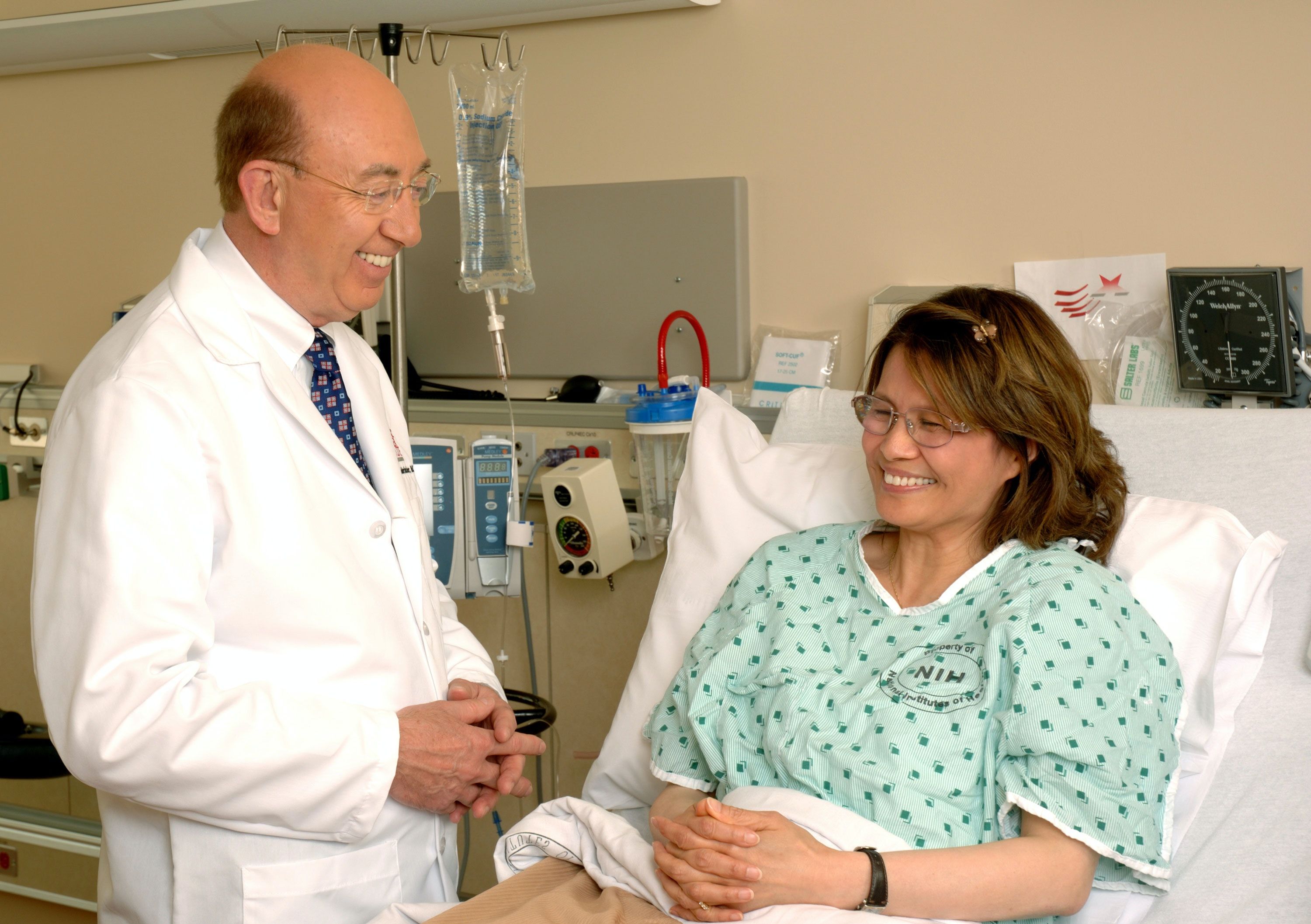Delaying Reversal Ileostomy Leads to Higher C Difficile Risk
In the study, 5.6% of patients developed a post-operative C difficile infection.

Delaying a reversal of ileostomy increases the overall risk of developing a post-operative Clostridioides difficile infections (CDI) by seven-fold, according to new research based in Australia.
A team, led by Simon J. G. Richards, Colorectal Surgical Unit, The Royal Melbourne Hospital, assessed the odds of developing C difficile infections in patients who had a delayed reversal of ileostomy, compared to a cohort of patients who had no delay.
We hypothesized that delay to reversal of ileostomy was associated with increased odds of development of CDI,” the authors wrote.
The Procedure
Doctors perform ileostomy to divert intestinal contents in high-risk colorectal anastomoses. However, this procedures adds to the risk of post-operative C difficile infections.
While the specific risk factors for CDI remain unclear, there has been a correlation observed with delayed closure. Multiple case reports show patients develop CDI at a high rate following operations.
“Ideally, reversal of ileostomy is performed at 3-6 months post- operatively, however, commonly it is performed much later due to adjuvant chemotherapy or waiting list pressure,” the authors wrote.
At 6 months more than half patients still had ileostomy and at 18 months nearly a third of all patients did.
Ileostomy is performed to divert intestinal contents following a low rectal, coloanal, or ileoanal pouch anastomosis to reduce the morbidity and rate of reintervention if an anastomotic leak occurs.
The Study
In the retrospective cohort study, the investigators examined 195 patients undergoing reversal of ileostomy, where the procedure was performed at least 365 days following the index procedure, between 2010-2019 at a single tertiary center. CDI was defined as the presence of Clostridium difficile toxin associated with diarrhea.
Each patient underwent elective ileostomy reversal between 2010-2019.
The team performed a univariable logistic regression analysis to estimate the odds of infection for each co-variable.This enabled the investigators to compare patients who had a delay to reversal of ileostomy with patients who did not.
They also used multivariable logistic regression analysis to adjust for the potential confounding effects of covariables.
Results
In the study, a total of 43 patients developed diarrhea post-operatively and had a stool specimen sent for analysis, of which 5.6% (n = 11) developed post-operative CDI.
After conducting the multivariable analysis, the investigators found the delay to reversal of ileostomy was linked to a nearly 7-fold increase in odds of a C difficile infection (OR, 6.95; 95% CI, 1.06-81.6; P = .03), when adjusted for the potentially confounding effects of age, ASA, Charlson Comorbidity index, diabetes, neo-adjuvant, and adjuvant therapy.
The median time to reversal was longer in those patients who developed CDI (451 days; IQR, 441– 669) compared to patients who did not (315 days; IQR 210 – 459).
“A delay to reversal of ileostomy of >365 days was associated with a higher incidence of Clostridium difficile infection post-operatively,” the authors wrote. “Careful consideration should be given to the timing of reversal and appropriate preoperative counselling of patients.”
The study, “Delayed ileostomy closure increases the odds of Clostridium Difficile Infection,” was published online in Colorectal Disease.